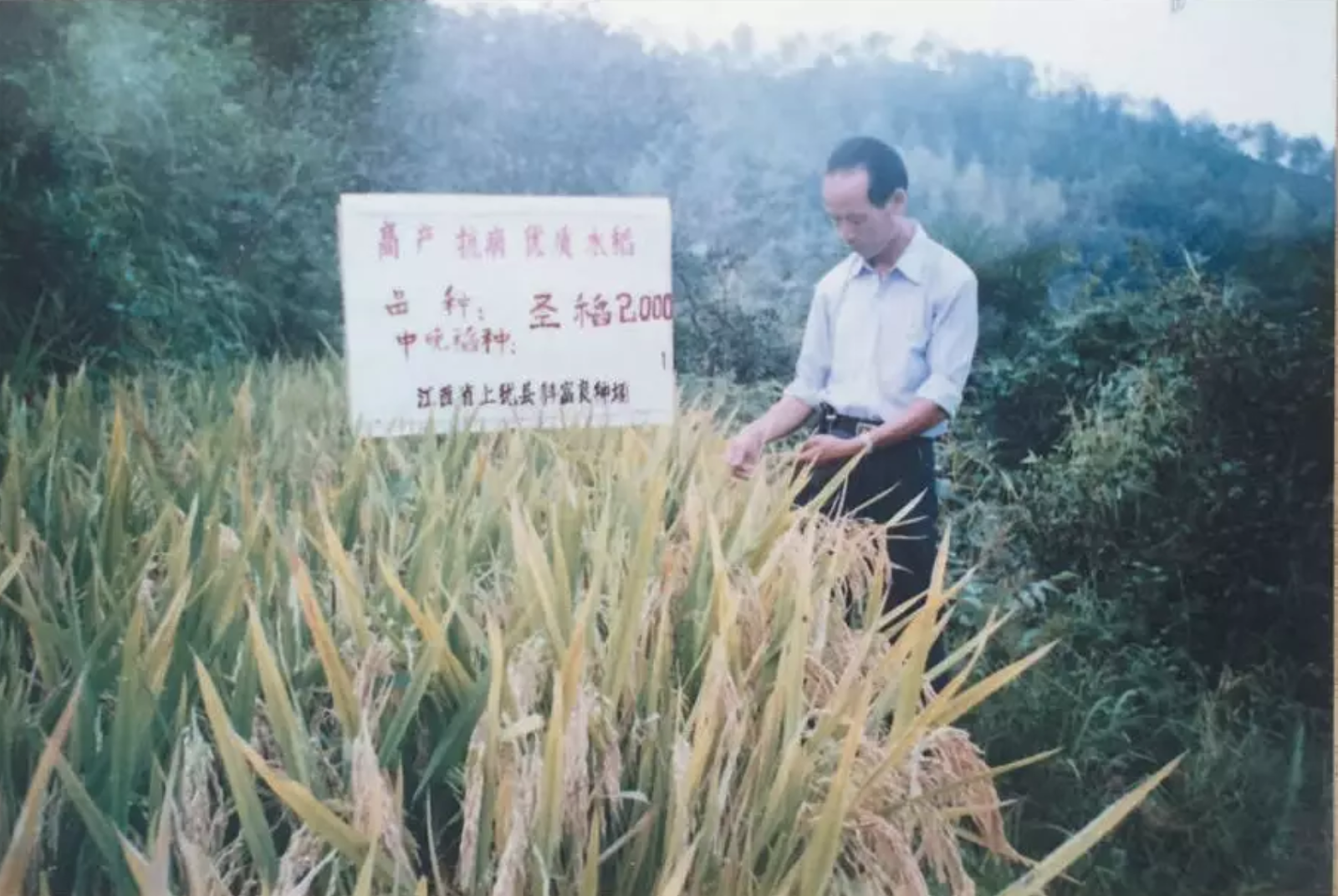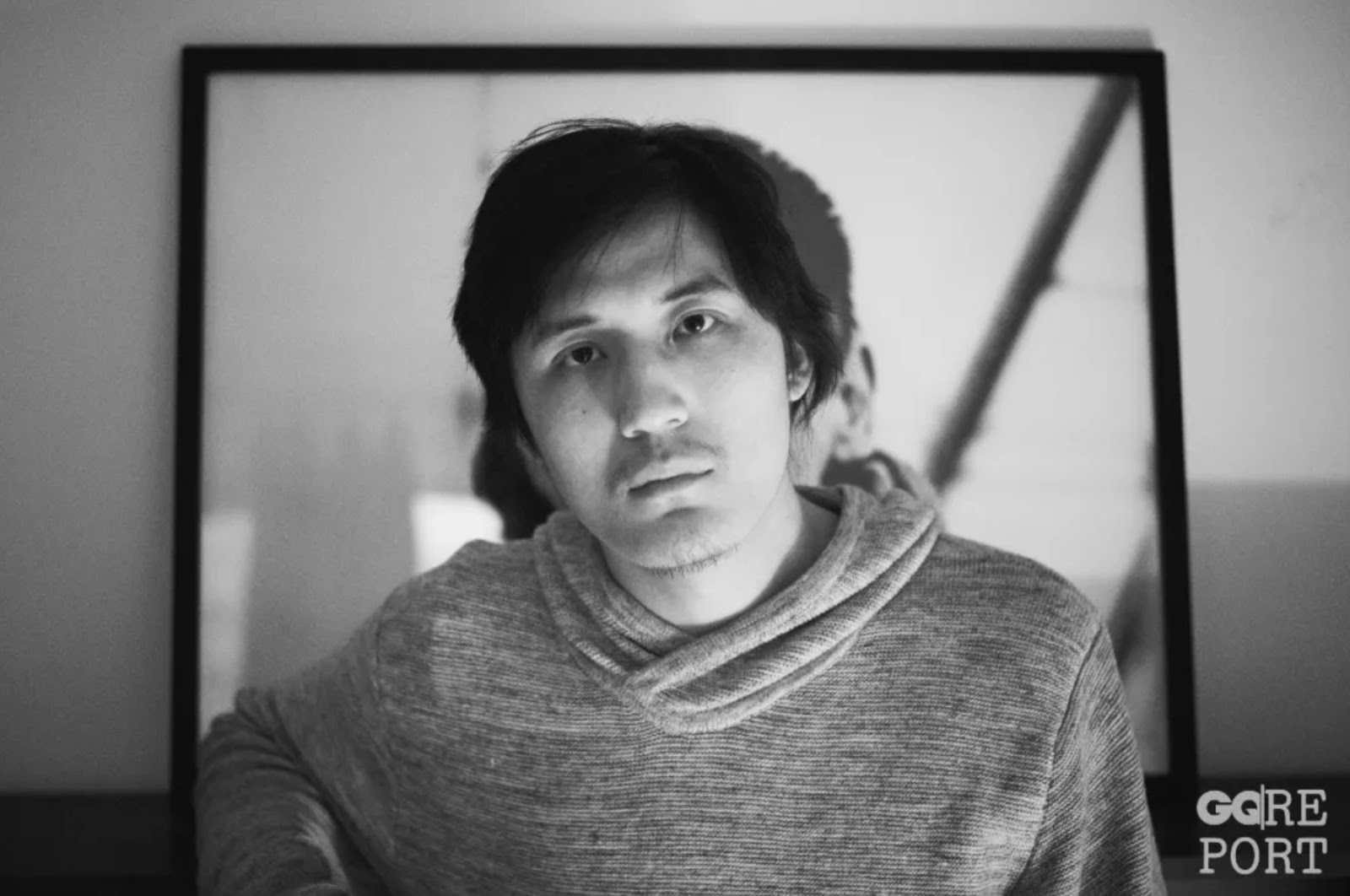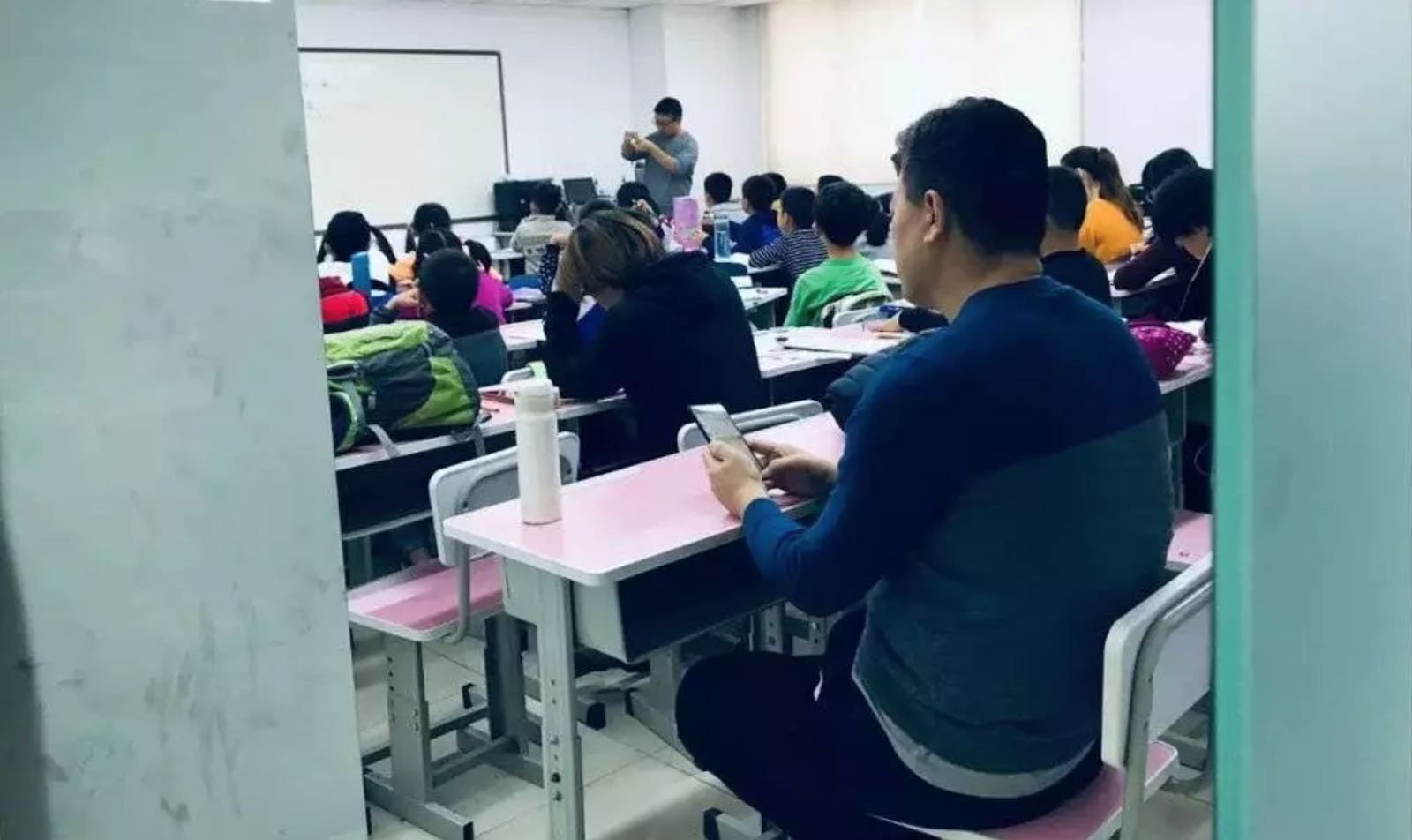Chinese Corner: On Weibo, men are ‘trash’
Chinese Corner: On Weibo, men are ‘trash’

On Weibo, men are ‘trash’
王思聪杀死微博
Wang Sicong killed Weibo
By Tiānshǐ Bútóuzīrén 天使不投资人
November 13, 2018
The entire internet seems like a space designed to make women feel vulnerable and inferior. But Weibo is among the very few places where women are valued higher than men, thanks to their immense buying power in the eyes of advertises, the financial engine of China’s biggest micro-blogging platform.
Weibo’s long-standing discrimination against male users was exposed a recent online raffle initiated by Wáng Sīcōng 王思聪, the billionaire scion of a real estate family. He decided to give away 10,000 yuan ($1,439) to celebrate mainland China’s first world championship in computer game League of Legends. People were shocked when they found out that only one out of 113 winners was male.
After a deep dive into Weibo’s raffle algorithm, the author of this piece discovered that this is not an isolated event. Rather, Weibo has been discreetly labeling men using their services as “inactive users” with lower possibilities of purchasing products advertised on their platform. And when a raffle occurs, the algorithm automatically screens out men in favor of female users.


The dark business of silencing petitioners
上访者陈裕咸之死
The death of petitioner Chen Yuxian
By The Beijing News
November 14, 2018
On June 1, 2017, Chén Yùxián 陈裕咸, a 63-year-old agricultural technician from Jiangxi Province, left home to seek justice in Beijing. Petitioning was his last resort to appeal for a fresh hearing on an old case. Chen had been wrongly accused of selling fake rice seeds, and the old man hoped to file complaints to senior leadership in the capital. On the evening of June 4, Chen’s family lost contact with him. About two weeks after, Chen was found dead after being reportedly kidnapped and abused.
The investigation triggered by Chen’s death brought to light an illegal business comprising a web of informers and thugs hired by local officials to stop petitioners from going to Beijing or having their cases heard if they get there. In this shocking exposé, the Beijing News reveals how a host of shadowy companies make millions by physically abusing petitioners and blocking their access to Beijing.


Hu Bo is always out of touch
胡波:缺席的人
Hu Bo: The absent one
By Chén Chǔhàn 陈楚汉 Mò Nán 莫南
November 17, 2018
On October 12, 2017, soon after Hú Bō 胡波 finished his first full-length feature, An Elephant Sitting Still 大象席地而坐, the young director ended his life at the age of 29. About a year later, the movie won the top prize at this year’s Golden Horse Awards, the Chinese version of the Oscars.
Described by the Hollywood Reporter as a “heavy affair,” the movie tells a story of four people in a rural town grappling with their alienated existence. Their feelings of being abandoned by the world reflect Hu’s struggles prior to his death.
During his time at the Beijing Film Academy, Hu was a difficult student. He rarely showed up for classes. His films overflowed with violence and despair. After graduation, he declined offers to make commercial movies and made a living as a writer. “His silence doesn’t reduce his existence. He doesn’t look like a new artist. His unique aura is so strong that you can’t ignore him,” said author Lǜ Yāo 绿妖, recollecting the first time she saw the young director.
In 2016, after years of waiting, Hu was given the opportunity to direct An Elephant Sitting Still 大象席地而坐 with established auteur Wáng Xiǎoshuài 王小帅 being the producer. At the outset of the filming process, Hu was guaranteed full freedom in the creation of script and cinematography. However, when it turned out that the general theme of the movie was unsettlingly dark, which meant it would be unlikely to be approved for release in China, Wang started to get in Hu’s way by shrinking budgets and giving unsolicited advice on storylines. The conflict raged on even after filming wrapped, resulting in a lawsuit between Hu and the production company. This pushed the depressed artist even closer to the edge of collapse. “He felt he was a clown who could never see the light,” Fàn Chāo 范超, one of Hu’s closest friends, said. “After suffering so much, he surrendered.”
In this posthumous profile, Guyu Lab takes an in-depth look at the sad life of Hu Bo, a gifted filmmaker who stubbornly refused to sacrifice his artistic authenticity, and died tragically young.
Related reading: GQ报道 | 胡波:一个自杀者的传说 GQ Report | Hu Bo, a tale of a suicidal artist


The heart of the education industrial complex
疯狂的黄庄:超前教育“十字路口”
Crazy Huangzhuang stands at the crossroads of early education
By Tóng Xiǎohuǒ 童小伙
November 18, 2018
There is a saying in Beijing: “Haidian District offers the best education in the city and Huangzhuang offers the best education in Haidian.”
Replete with top schools and a significant number of institutions that provide private educational services, the neighborhood known as Huangzhuang stands at the center of China’s massive and highly profitable education industry, where a generation of academically overbearing parents are willing to sacrifice everything for their children’s success. “Parents and educational institutions are locked in this vicious circle of blaming each other for exacerbating this grade-obsessed atmosphere. They loathe each other. But at the same time, they rely on each other,” Tong wrote. “Huangzhuang is like a fast car going over the speed limit. It leaves everyone out of breath.”
Related reading: Coding for kids 疯狂的少儿编程

Below are some other articles that grabbed my attention this week:
- “凑”出来的中国“特色小镇”,谁有兴趣逛? Feature towns in China
“There are more than 6,000 feature towns in China and the vast majority of them are tourist traps created by property developers. They are cashing in on the growing population of urban dwellers who crave natural beauty and folk culture.” - 中国人民是怎样爱上苏联的 How Chinese people fell in love with the Soviet Union
- 中国彩票为什么老出事? Why there are so many corrupt officials in China’s lottery industry?
- “爱秃秃吧”,这茬90后从头放弃抵抗 “I’m totally fine with my baldness,” Chinese millennials who have no fear of losing hair
Dark worries of baldness are hanging above Chinese millennials’ heads. According to a new report on cosmetic procedures, more than 67 percent of Chinese people who went through hair transplant surgery were born after 1980, and the primary reason for their hair loss is excessive stress from jobs. But there are some young people who have given up combating hair loss. “Choosing between hair and survival, I decided to go with survival,” a 26-year-old web developer said. - 在八宝山当女入殓师是怎样的体验 What’s it like being an embalmer in China?
- 梁朝伟的故事,会烂尾吗? Will the story of Leung Chiu-wai end on a disappointing note?
Movie lovers in China are wondering why one of the greatest Chinese actors has played so many roles in crap films lately. - 华北雾霾为什么这么大? China has a haze problem. But why is the air in the north particularly bad?






